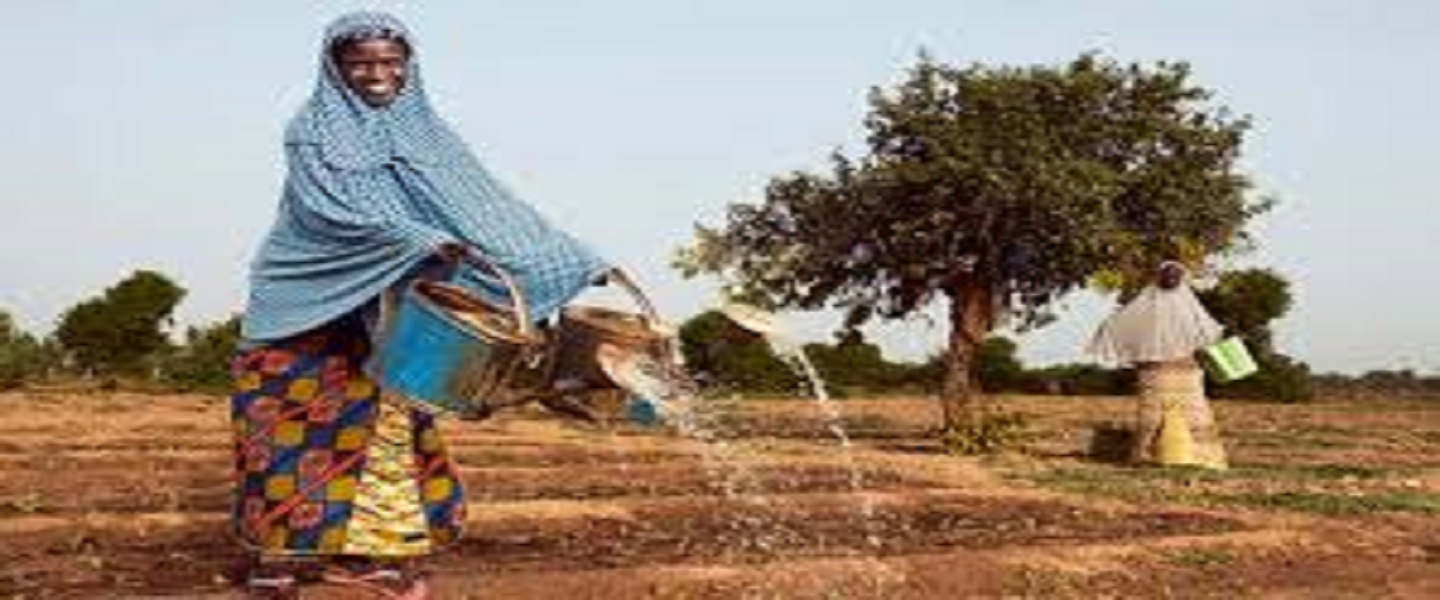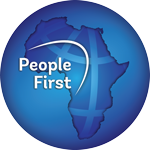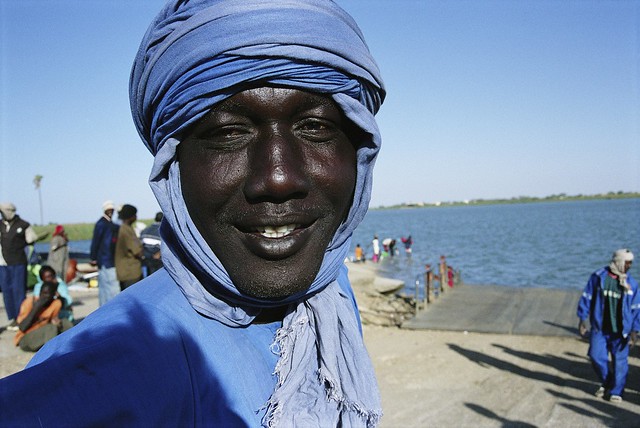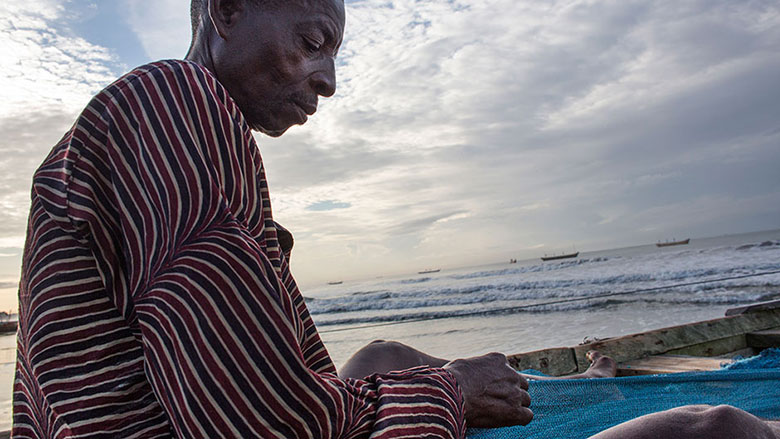Cabo Verde, located 500 km off Africa's west coast, is a ten-island archipelago with an estimated population of 520,500 residing on nine islands.
Only 10% of its land is arable, and mineral resources are scarce. Since the 1990s, the country has made significant strides, largely due to the rapid growth of tourism, which constitutes 25% of its GDP.
Despite challenges from the COVID-19 pandemic and the Ukraine crisis, the government aims to eradicate extreme poverty by 2026, aligning with the United Nations' 2030 Agenda and the Strategic Plan for Sustainable Development 2022–2026 (PEDS II).
Political Context
Renowned for its democratic stability, Cabo Verde has experienced peaceful transitions between its two main political parties, the African Party for the Independence of Cabo Verde (PAICV) and the Movement for Democracy (MpD), since gaining independence in 1975.
In April 2021, the MpD was re-elected, with Ulisses Correia e Silva continuing as Prime Minister. José Maria Neves, backed by the PAICV, assumed the presidency of the republic on November 9, 2021.
The most recent local elections were held in December 2024, with MpD retaining seven of the 14 municipal councils it held by then, while the PAICV increased its leadership from eight to 15 municipalities. The next legislative and presidential elections are scheduled for 2026.
Economy
Cabo Verde's growth is estimated to have accelerated to about 7.2% in 2024, driven by strengthening tourism activity and a gradual recovery in agricultural activity. Tourist arrivals reached an estimated 1.18 million (+16.5% year-on-year).
Service exports (+16.2% year-on-year) and private consumption (+7.3% year-on-year) remain the primary drivers of growth. Strong service-sector growth, agricultural recovery, and low inflation likely reduced poverty to 14.4% in 2024. Inflation moderated significantly in 2024, with lower energy and food prices bringing average headline inflation down to 1% from 3.7% in 2023. The fiscal deficit widened to 1.1% of GDP in 2024 (0.3% in 2023) driven by higher public investment, spending related to local elections and expanded social programs. Revenue remained stable at 24.7% of GDP, supported by stronger than expected tax revenues. This, along with strong GDP growth, lowered central government debt by 6.0 percentage points to 110.2% of GDP (117% including SOEs’ guaranteed debt). Despite this, fiscal risks persist, including SOE support, rigid expenditures, and high debt-servicing costs.
Growth is projected to hit 5.9% in 2025, stabilizing near 5% in the medium term, supported by improved public sector efficiency and efforts to crowd in private investment, relying on structural reforms aimed at enhancing the business environment.
Increased public investments and continued roll-out of wage-bill reforms will widen the fiscal deficit to 1.5% of GDP in 2025. Despite this, sustained efforts to enhance tax collection, added proceeds from SOE restructuring, and commitment to contain expenditures will reduce the deficit to 0.6% of GDP by 2027.
The outlook faces downside risks, such as commodity price spikes from geopolitical tensions, inflationary pressures, weaker tourism demand, and slow progress on SOE reforms. Climate-related shocks remain a concern, given the country's high vulnerability.
Last Updated: Oct 12, 2025







